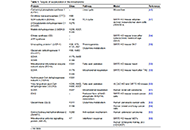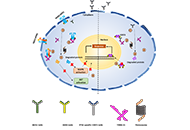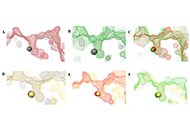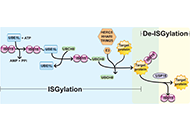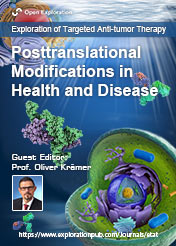
Posttranslational Modifications in Health and Disease
Guest Editor
Prof. Oliver Krämer E-Mail
Institute of Toxicology, Johannes-Gutenberg University of Mainz, Mainz, Germany
About the Special lssue
Posttranslational modifications increase the functions of proteins and thereby regulate key biological functions. Examples of posttranslational modifications are acetylation, ubiquitinylation, and sumoylation of lysine residues and phosphorylation of serine, threonine, and tyrosine residues. The balance between the attachment and removal of posttranslational modifications is dysregulated in severe diseases including cancers, neurodegeneration, and immune failure. Therefore, enzymes modulating posttranslational modifications are in the focus of current research and drug development. Increasing evidence indicates that inhibitors of dysregulated posttranslational modification patterns are useful to treat humans.
In this Special Issue, short and long original research articles, reviews, and case reports are welcome. Submitted articles should be pertinent to the analysis of posttranslational modifications that are dysregulated in tumor cells. This also applies to drugs that correct aberrant modifications to combat cancer. Basic research articles as well as reports with a strong clinical focus are welcome.
Keywords: acetylation; cancer; posttranslational modification acetylation; health and disease; inhibitor(s); methylation; SUMO; tumorigenesis; phosphorylation; posttranslational modification(s); ubiquitin
Published Articles
